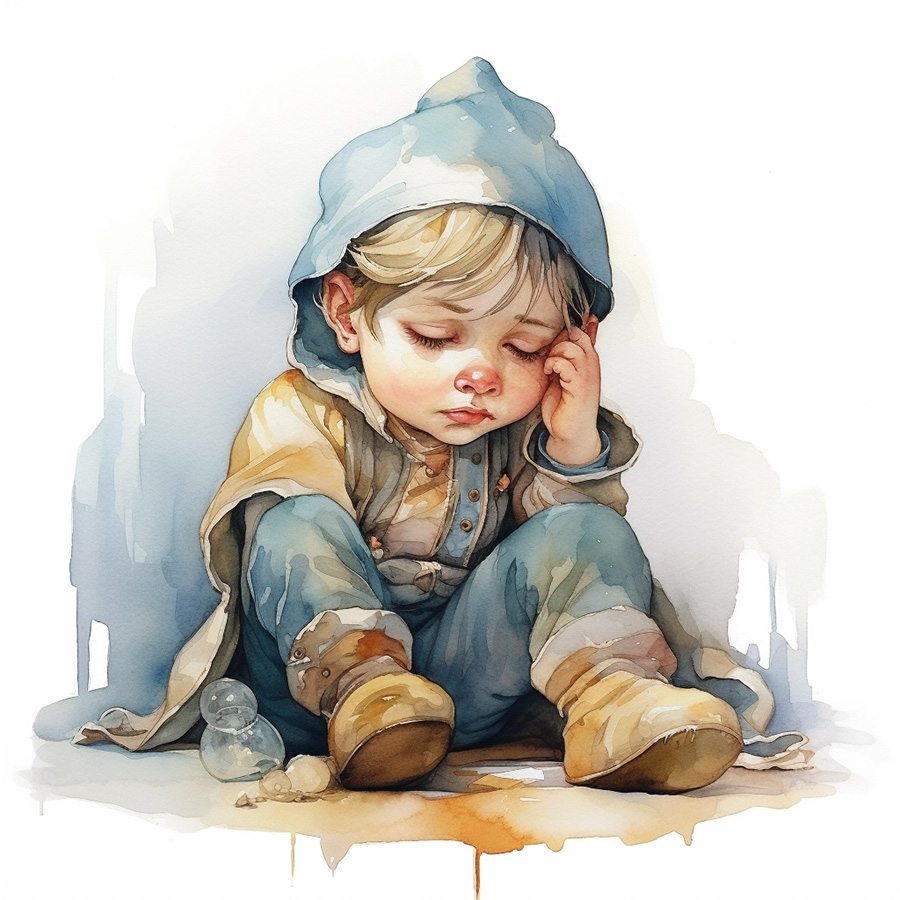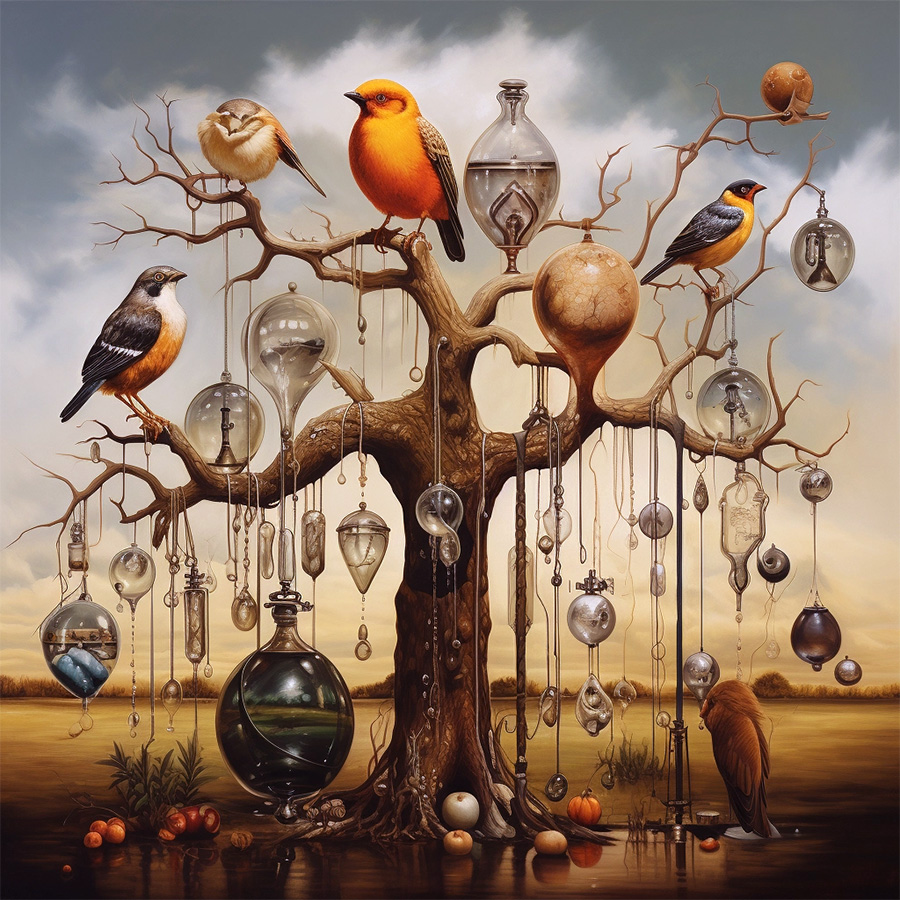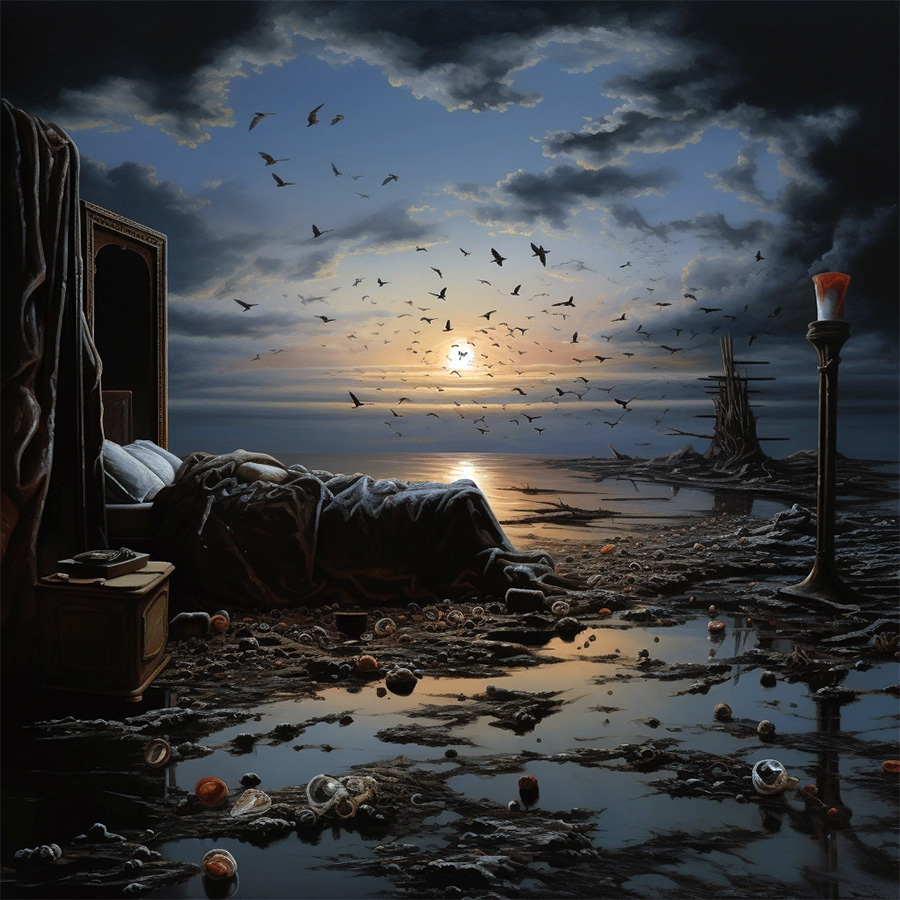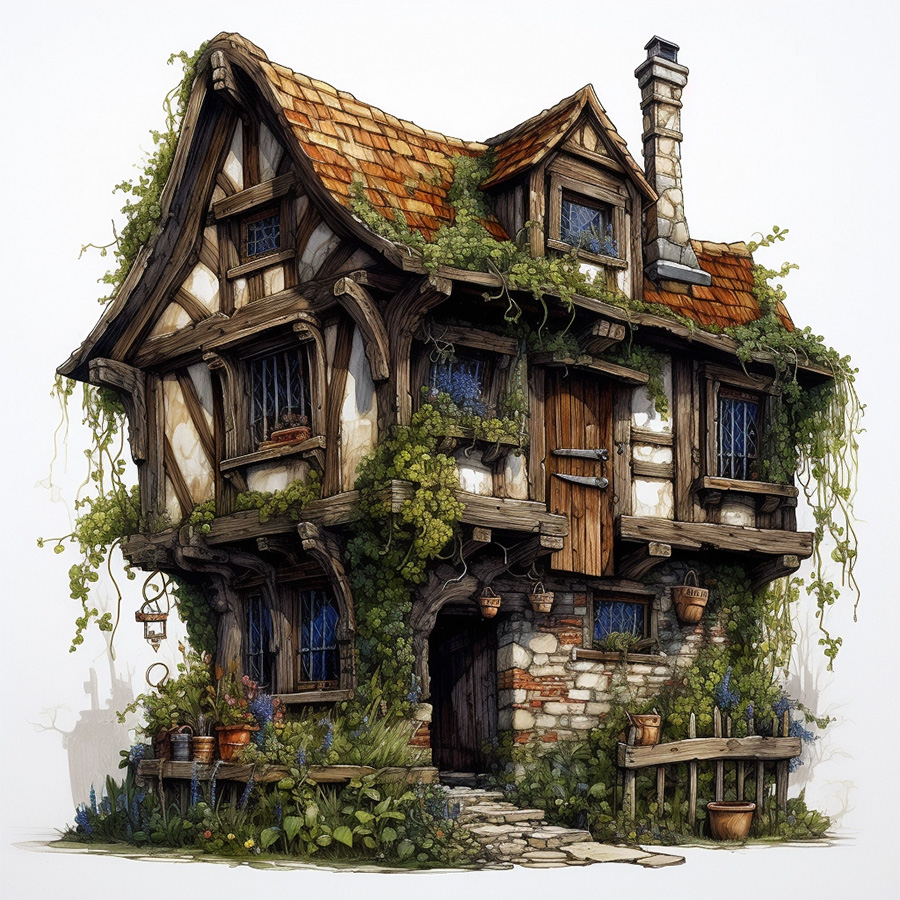I Agree With William Blake by Nonnie Augustine
“Poetry fettered, fetters the human race. Nations are destroyed or flourish in proportion as their poetry, painting, and music are destroyed or flourish."
William Blake died in 1827, well before the rise of Hitler, Stalin, Franco, or Mussolini. But he knew, Artists do not flourish, at least not openly, when under the thumb of repressive regimes. Artists draw the eye and ear toward kindness, toward the careful tending of small things, toward the freedom each of us needs in order to flourish. I expect I'm preaching to the choir here, because you are reading this magazine, and so, I believe, you already value art, and because you are reading this introduction to the poetry section of The Linnet’s Wings, you read poems. (Somehow many people don’t, you know.)
How awful life would be, how fettered, if all we had to read were White Papers, financial reports, news of war here and there and everywhere, or heaven help us, the dictates of an autocrat. Have you heard Jimi Hendrix’s version of The Star Spangled Banner? It’s beautiful, heartfelt, and utterly free. There’s also warning in this version of the anthem; he’s rallying us to never let our guard down and always to look for deeper meanings even in something we think is established and therefore completely known. Artists do that for us, whether they lived centuries ago, or are just starting out with their brave, tender voices.
Let me point you toward some of my favorite bits in this issue’s crop of poems:
“Joe’s dovecote/ was a narrow spartan shed/ enough for/ thirty racing pigeons/ cozy on their perches"
Stan Long
“ The atmosphere of Scandinavian coolness/ is tempered by the Japanese aroma/ and visual pleasure of the cavalcade/ of ancient sacred food" John Saunders
“the fathomless deep greens/of fir and spruce, steadfast/ throughout the harsh resentment of winter"
Anne Britting Oleson
“When all of the jobs/ dried-up, you/ helped me sew together/ the pieces of my broken spirit./ Having faith in your own words, in us." Ivy Page
“From inside the closed balcony door the cat watched/ with surprising calm./ My heart beat too was calm./ For a short while I knew everything, with certainty." Beate Sigriddaughter
“that austere boyhood near London,/ lamp-posts disappear into fog,/ images reminiscent of Whistler." Ian C. Smith
As you know, in the U.S. we just went through a bitter campaign season and finally re-elected Barack Obama for a second term as our president.
I am relieved for many reasons, but mostly because I was so disturbed by the other guy and his cronies. In what they said, did for their livings and by how they measured success, I knew. I knew.
These are not men (almost all of them are men) who value the words of poets. They'd not relate to pigeons, cozy in a spartan shed. I do. I’ve been warm and content in the most drear circumstances while a student at Juilliard.
I sense that these politicians, so proud of their success as businessmen, might purchase a Whistler but only as an investment; a status symbol. Not me. I would go to a museum to sit happily in front of one of his paintings and maybe, for a short while, I would know everything.
The Linnet's Wings is free to you online. I hope some of you will buy print copies because they are beautiful. We editors commit to each issue our unfettered spirits and we bring you the work of writers who speak to us without fear, with their best, and in their belief that through art we all will flourish.
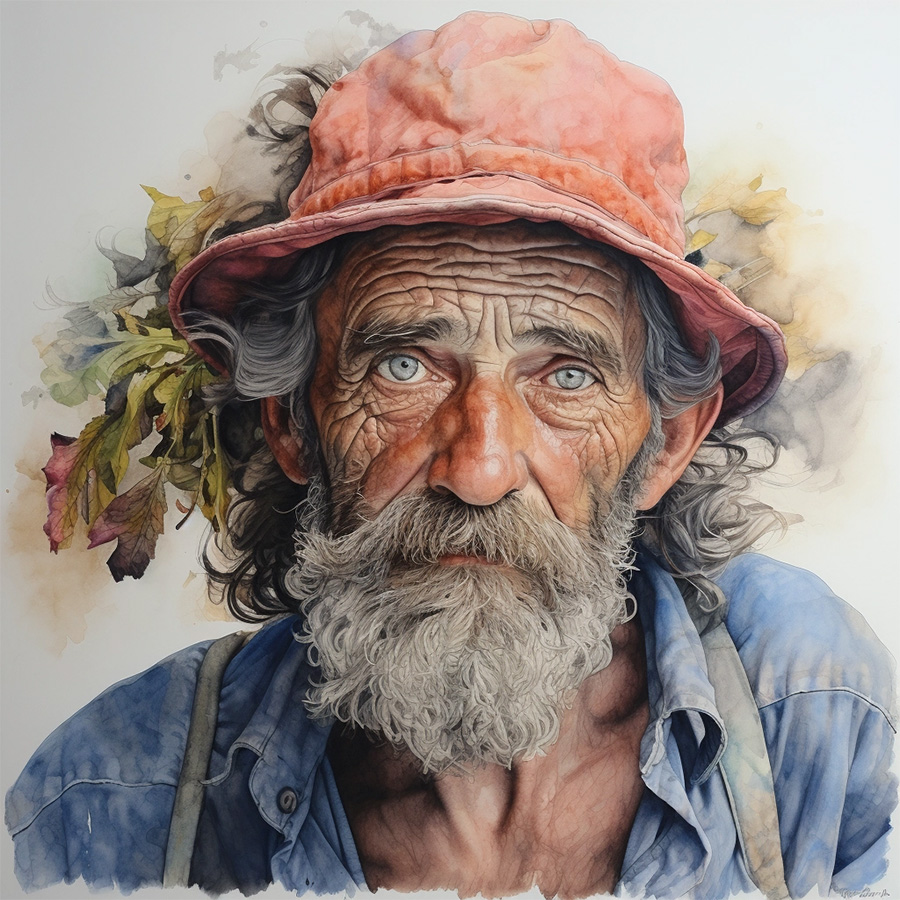
Unexpected Faith by Ivy Page |
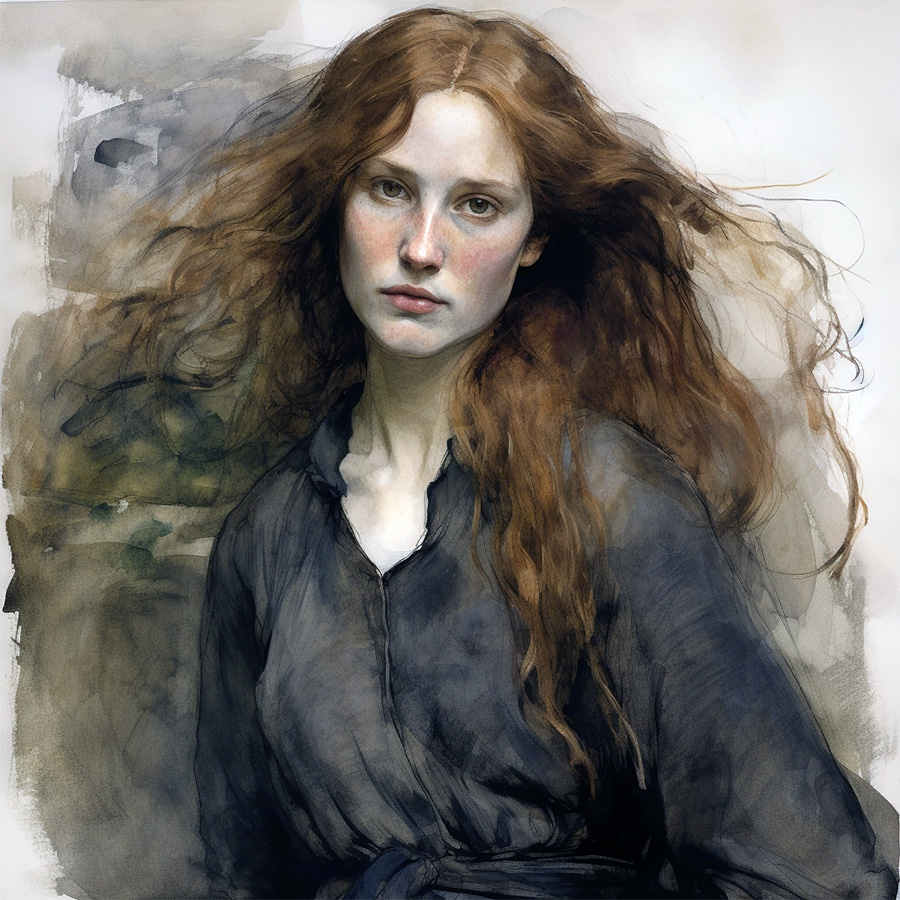 Funeral by Ivy Page |
 Pine Siskin by Beate Sigriddaughter |
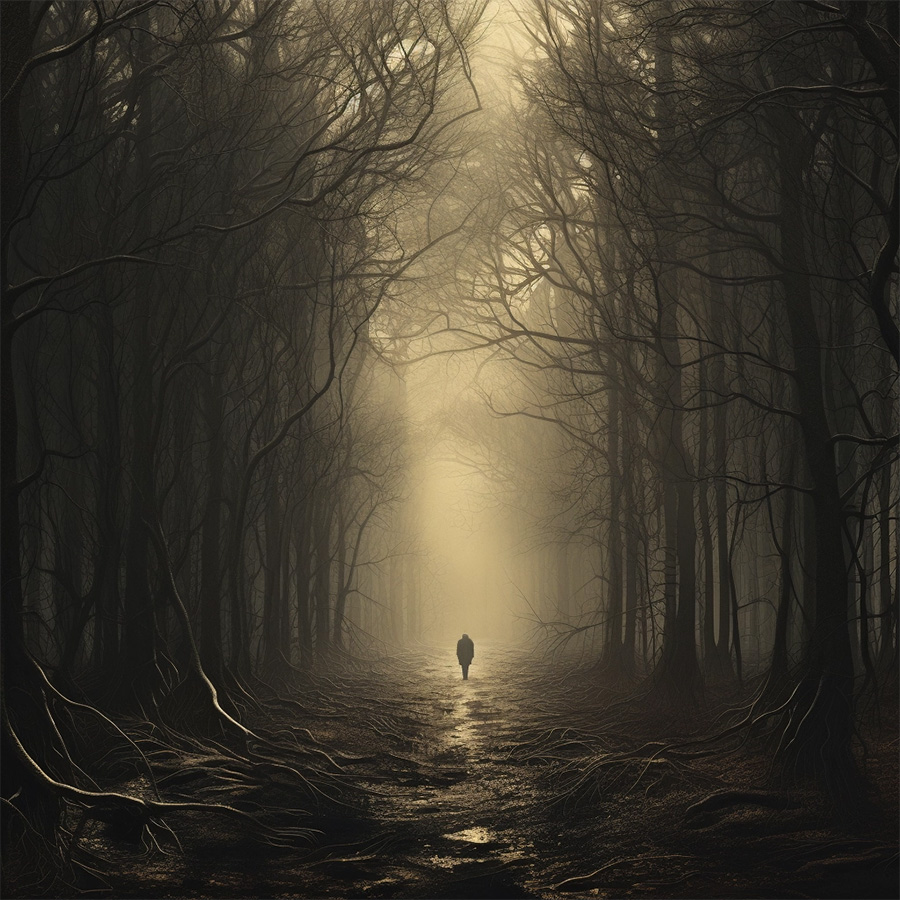 You go Home Again by Ian C. Smith |
